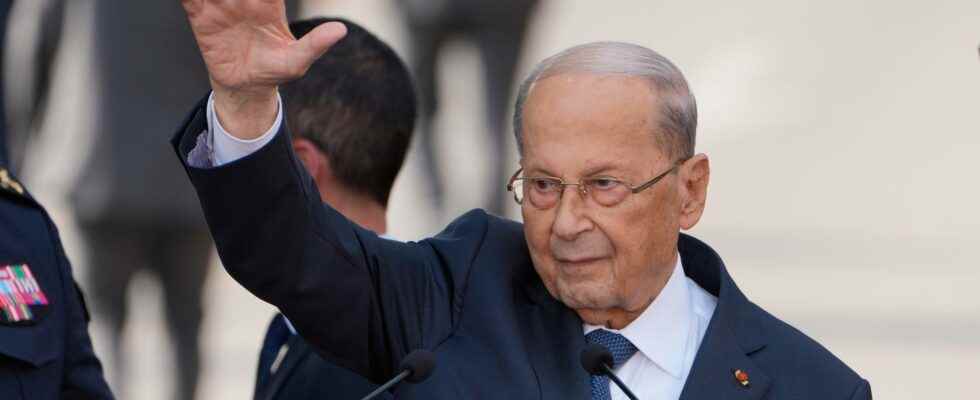Published: Less than 20 min ago
For the fifth time, Lebanon’s divided parliament has failed to elect a new president.
Technically, the country has no president since the term of incumbent President Michel Aoun expired last month.
Michel Moawad won the most votes in Thursday’s vote – 44 – but is still far from the 86 needed to secure the presidency.
In the 1980s, his father René Moawad was the country’s president for a record 17 days before he was killed in a bomb attack.
Lebanon’s parliament is divided between supporters and opponents of the Iran-backed Shiite Hezbollah militia. Neither side has reached a clear majority.
Michel Aoun’s accession in 2016 followed a more than two-year vacancy in the presidential palace. Then it took 45 unsuccessful attempts before the MPs agreed.
The current political vacuum comes at a time of serious social crisis in Lebanon. Since 2018, the country has undergone a protest movement that ousted several ministers, one of the largest explosions in world history and an economic crisis that the World Bank calls one of the worst in modern times.
Facts
State of Lebanon
In Lebanon, power is divided according to religion.
In 1989, a formal agreement was signed on the distribution of power, which stipulates that the president shall be a Christian Maronite, the prime minister a Sunni Muslim and the speaker of the parliament a Shia Muslim.
A more informal distribution of power based on religious affiliation, however, has been in use since the 1920s.
The sectarian system is often criticized for discouraging the formation of cross-political parties across religious lines and for reinforcing lock-ins between ethnic groups. The state’s power is also considered to be weak in comparison to the influence of the various religious groups.
Many top politicians who rule the country today belonged to militias that fought during the civil wars between 1975 and 1990. An amnesty after the wars made it possible for the warlords to become politicians.
Source: Landguiden
Read more
